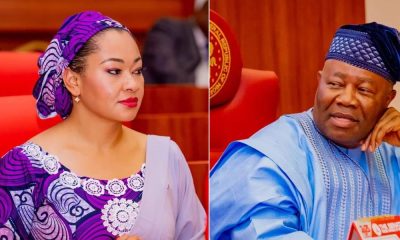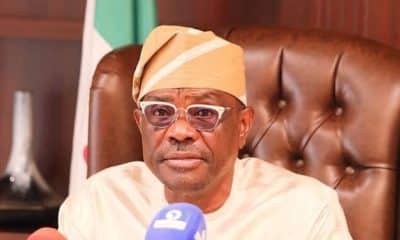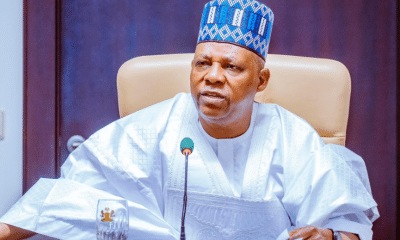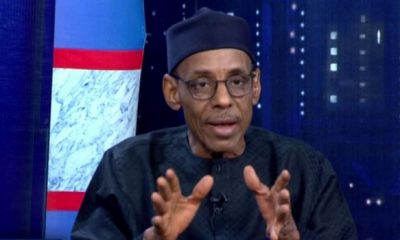Nigeria News
NNPCL Reduces Petrol Price For Marketers
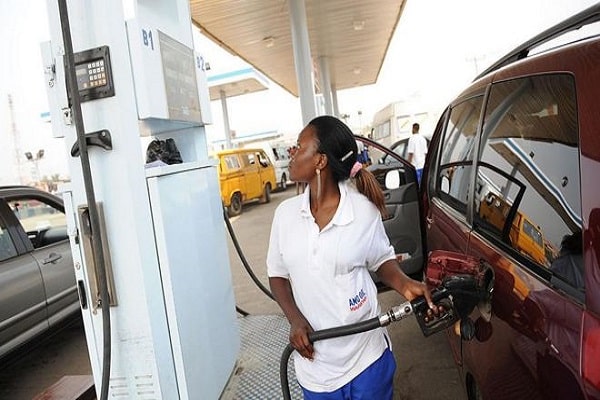
The Petroleum Products Retail Outlet Owners Association of Nigeria (PETROAN) has announced that the Nigerian National Petroleum Company Limited (NNPCL) has reduced the price of Premium Motor Spirit (PMS) for marketers from ₦1,045 to ₦1,030 per litre.
This development was revealed by PETROAN’s National President, Dr. Billy Harry, during a strategic meeting and award presentation held in Abuja.
“Today, NNPCL has reduced their price to ₦1,030,” Dr. Harry stated, while expressing optimism for further reductions.
“We are still hoping and pushing that it will come down even lower,” he added.
Dr. Harry highlighted the competitive pricing in the market, noting that Dangote Refinery and Petrochemicals sells petrol to marketers at ₦970 per litre.
However, Dangote enforces a minimum purchase limit of two million litres, whereas NNPCL does not impose such restrictions, allowing marketers greater flexibility.
Despite NNPCL’s higher price, Harry explained that its lack of volume restrictions facilitates quicker turnover for marketers.
“Most of our members struggle to raise ₦50 million or ₦60 million to buy products,” he said. “With NNPCL, we can buy smaller quantities, sell quickly, and return for more, unlike the bulk requirements at Dangote.”
According to Dr. Harry, NNPCL reopened its portal for product lifting on Wednesday, enabling marketers to purchase and distribute products efficiently.
He believes the competition from Nigeria’s free market operations will eventually drive petrol prices down further.
“As I speak, NNPCL is already programming for marketers based on the current price,” he confirmed.
In light of the availability of locally refined products, PETROAN has decided to suspend plans to import fuel.
Dr. Harry emphasized the association’s preference for domestic refineries, including Dangote Refinery, Port Harcourt Refinery, and Warri Refinery, to avoid the challenges of sourcing foreign currency for imports.
“We won’t import if there’s a reliable local supply. It’s more sustainable to transact in Naira through our local refineries,” he concluded.

